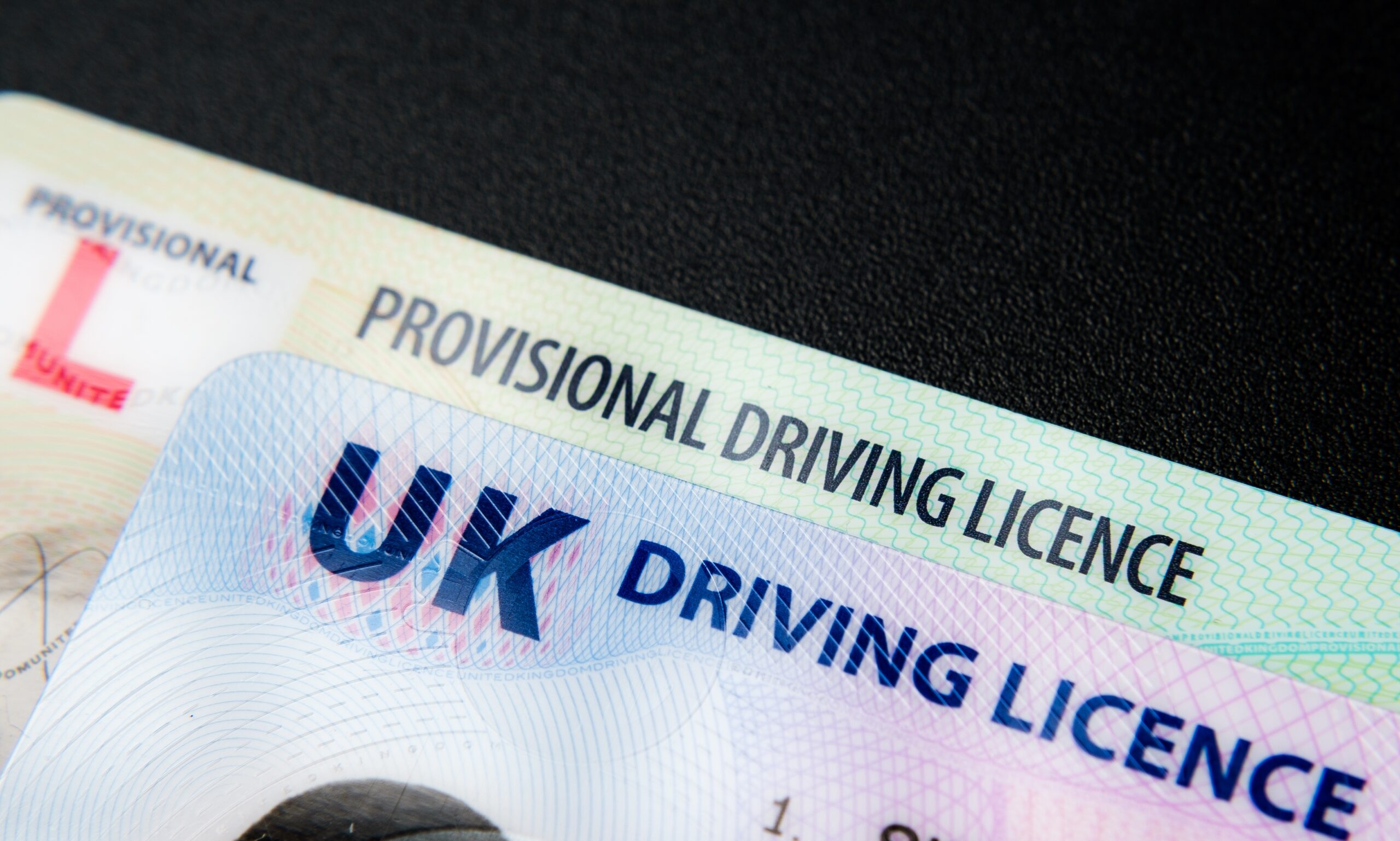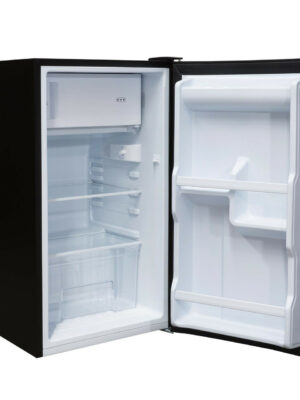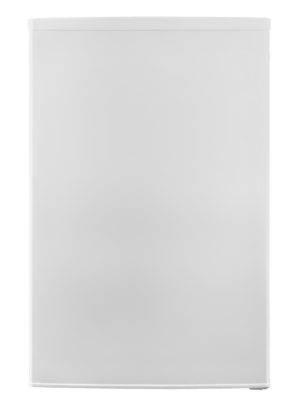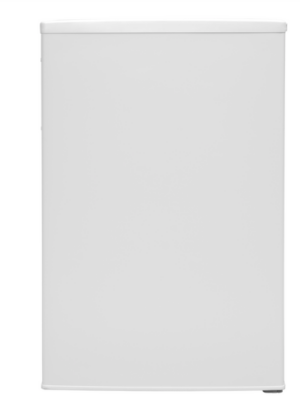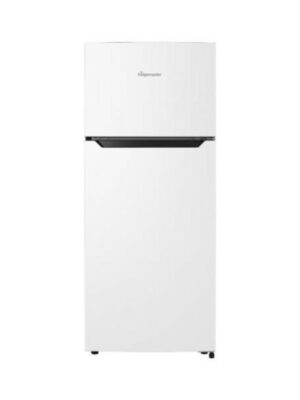Motorhomes are available in a variety of sizes depending on your budget, whether you’re living in it full-time or travelling in it. But do you need a different driving licence for a motorhome? We’ll look at various UK car licences and how to properly equip your motorhome.
Can You Drive a Motorhome with a Standard UK Driving Licence?
In the UK, you can drive a motorhome with a standard car licence (Category B) if it meets specific criteria. You can drive vehicles up to 3,500 kg in maximum authorised mass (MAM) with a Category B licence, including many Class B and Class C motorhomes. However, if the motorhome exceeds 3,500 kg MAM, you will need a Category C1 licence, which requires an additional test and licence.
Class A motorhomes, which are typically larger and heavier, often exceed the 3,500 kg limit and thus require a Category C1 or C licence. However, panel van conversions that stay under the 3,500 kg threshold, which are increasingly popular with the increase in digital nomad lifestyles, can be driven with a standard car licence. Always check the MAM of the motorhome and ensure your licence covers the vehicle’s weight to comply with UK regulations.
Vehicle Categories in the UK
In the UK each type of vehicle is assigned a letter on the back of a driving licence to show what size vehicles an individual is able to drive.
Here are the vehicle categories:
- A: Motorbikes
- AM: 2-wheeled motor vehicles of 15.5-28mph
- B: Cars
- C: Large lorries
- D: Buses
- E: Trailers
- F: Tractor
- G: Road roller
- H: Tracked vehicle
- K: Pedestrian vehicle
- P: 2-wheeled vehicles of 28 – 31mph
- Q: 2-wheeled vehicle up to 15.5mph
Trailers are assigned letter E, so a B+E licence, for example, would mean a car with a trailer, or a C+E would be a large lorry with a trailer.
Motorhome categories are slightly different, categorised by their weight and design:
Class A motorhomes are full-sized, built on a truck or bus chassis, offering ample living space and amenities. They are the largest category and often require a Category C driving licence if they exceed 3,500 kg.
Class B motorhomes are compact, built on a van chassis and easier to manoeuvre. They typically fall within the standard driving licence weight limit. They offer a balance between comfort and drivability.
Class C motorhomes include those built on a larger van chassis with an extended living area. They offer more space than Class B but are generally smaller than Class A.
Panel Van Conversions are standard vans converted into motorhomes. They are often more affordable and offer a good compromise between size and practicality.
Can You Live in a Motorhome?
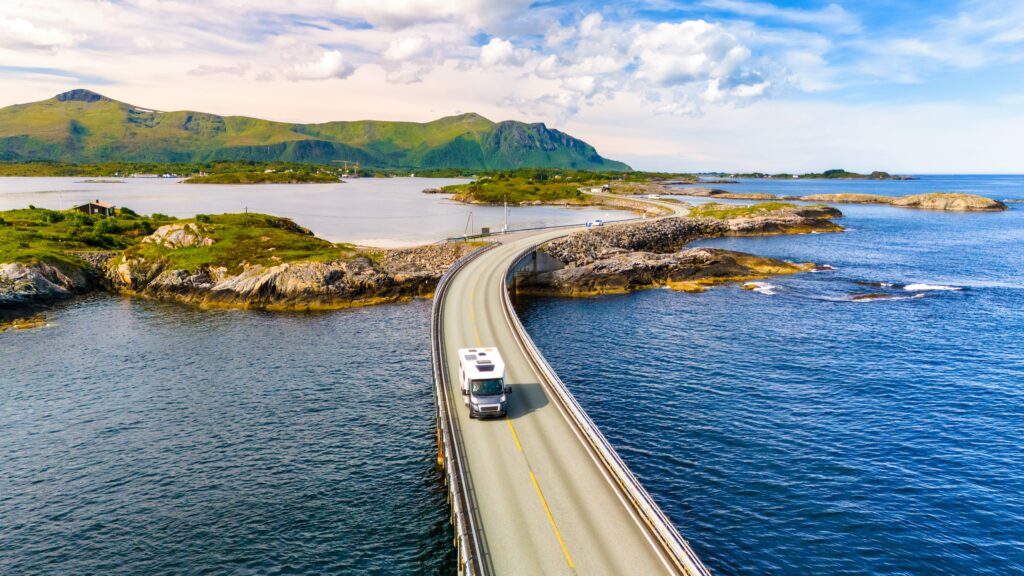
Living in a motorhome in the UK and Europe is legal, but it comes with several regulations and considerations that vary by country and location that you should be aware of to remain within the law.
In the UK, many people choose to live in motorhomes or campervans, but it’s essential to follow local laws. While you can park on public roads, doing so overnight is subject to local parking restrictions. Some areas may have “no overnight camping” signs or specific regulations on how long you can park in an area, so checking signage and local ordinances is crucial.
In addition, the UK has designated sites, such as caravan parks and certified locations, where you can legally stay and often access amenities like water and waste disposal facilities.
In Europe, regulations can differ significantly between countries. For instance, countries like France and Germany have established motorhome sites (aires) that provide legal parking and facilities for waste disposal. Many European countries also allow parking in designated areas and have specific rules regarding overnight stays, often requiring a fee; locals are often very helpful if you enquire about where to go to pay a fee for your overnight parking.
Waste disposal is another important consideration. Most motorhome sites offer disposal points for waste and grey water. It’s illegal to dump waste on the ground or in public toilets, and failing to dispose of waste properly can result in fines, so make sure you abide by local laws and err on the side of caution if necessary.
Insurance and vehicle registration must also be considered; ensure your motorhome is properly insured and registered in the country where you primarily reside.
In summary, while living in a motorhome is feasible in the UK and Europe, adhering to local regulations regarding parking, waste disposal, and vehicle compliance is crucial, so research local regulations before or upon arrival when travelling.
What Facilities Do You Need in a Motorhome?
If you’re considering living in a motorhome or travelling long-term, you’ll want some facilities and amenities to significantly enhance your experience by providing home comforts and removing the need to rely on campsites and aires.
First and foremost, good sleeping arrangements are crucial. Whether you opt for a permanent setup or a fold-out option, a comfortable bed is non-negotiable. A high-quality mattress and cosy bedding can greatly improve your sleep quality, making you feel refreshed for the adventures ahead.
Kitchen facilities also play a pivotal role in the overall comfort of your motorhome. A compact kitchen area equipped with a stove, refrigerator, and sink allows you to prepare your meals on the go. Adequate storage for utensils, pots, and food is also important to keep the space organised and functional. Cooking your meals not only saves money but also allows you to enjoy home-cooked food even while travelling.
Bathroom facilities are another key consideration. A built-in toilet and shower can greatly enhance your comfort, especially on longer trips. If space is limited, portable solutions are available, but access to clean facilities is vital for hygiene and convenience.
Heating and cooling systems are essential for year-round comfort. A good heating system is crucial for winter trips, ensuring you stay warm during colder nights. Conversely, ventilation and air conditioning become important during the summer months, helping to maintain a comfortable interior temperature.
Access to a water supply is another necessity. A fresh water tank, along with a wastewater tank, ensures you have enough water for cooking, cleaning, and hygiene. Proper management of these resources contributes to a more convenient living experience.
Adding a Touch of Comfort
Beyond these core facilities, several luxurious amenities can add extra comfort to your motorhome lifestyle. Here’s a short list of these enhancements:
- Outdoor equipment: Foldable chairs, tables, and awnings create inviting outdoor spaces for relaxation and dining.
- Entertainment systems: A TV, sound system, or board games can make evenings enjoyable and keep everyone entertained during downtime.
- Solar power system: Installing solar panels provides a reliable power source for electronics and appliances, increasing your independence from campsites.
- Quality insulation: Good insulation significantly improves temperature regulation, ensuring comfort in various climates.
- Storage solutions: Organisational tools, such as storage boxes and organisers, help maximise space and keep your living area tidy.
Incorporating these facilities and additional comforts will contribute to a more enjoyable and practical motorhome living experience, making your travels memorable and relaxing.
Motorhome Kitchen Essentials
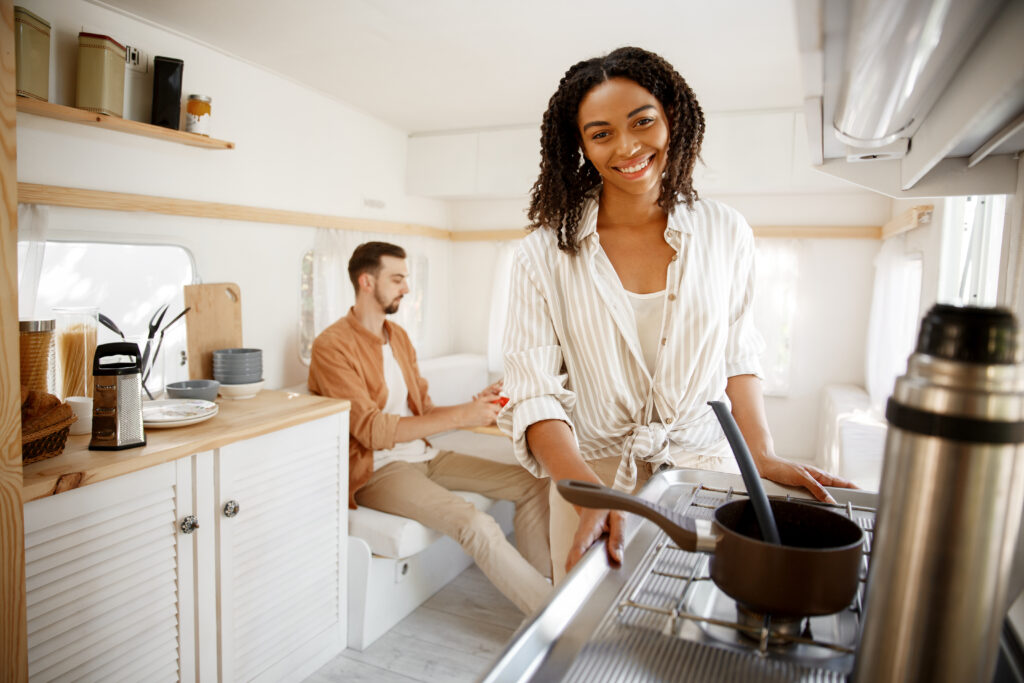
Equipping your motorhome kitchen with essential items enhances meal preparation and overall convenience. A 12V fridge is vital for preserving food and drinks, typically using around 40-60 amp hours per day, depending on the model and usage. Alongside the fridge, consider a compact stove or cooktop for preparing meals, along with essential pots and pans for various cooking needs.
To maximise kitchen space, utilise multi-functional tools, such as nesting cookware and collapsible utensils. Install hooks for hanging pots and pans and use drawer organisers for utensils to keep everything tidy. Storage solutions, like under-sink organisers and overhead cabinets, can also help optimise limited space.
Consider adding a small microwave or electric kettle for additional cooking options. By thoughtfully selecting and organising your kitchen items, you can create an efficient and functional cooking space in your motorhome.
Trust Inlander Low Voltage for Your Motorhome Essentials
In conclusion, investing in a motorhome is worthwhile for the freedom and adventure it offers.
When equipping your vehicle with essential electrical appliances, trust Inlander Low Voltage for quality and reliability. Their extensive range enhances your travel experience, ensuring comfort on the road. With exceptional customer service and expert guidance, Inlander Low Voltage is your go-to choice for a seamless journey.

